Precision Fermentation: The Future of Dairy is Here
World-changing technology is being adapted to recreate dairy’s taste, texture and use without the involvement of a cow.
30 November 2024
Share this exclusive content from Saladplate

TurtleTree’s Fengru Lin drinking plant-based milk with LF+. Photo Credit: TurtleTree
The dairy world is undergoing a quiet revolution—one microorganism at a time. As consumers demand more sustainable, ethical, and functional food choices, precision fermentation has emerged as a transformative technology, poised to redefine the dairy landscape.
Using microorganisms instead of animals to produce key dairy proteins like casein, whey, and lactoferrin, companies are creating products that taste, stretch, and melt like traditional dairy for a growing market of consumers with none of the environmental or ethical baggage.
According to a report by Coherent Market Insights,the global precision fermentation market is valued at $4.21 billion in 2024. It is projected to grow to $45.80 billion by 2031, with a compound annual growth rate (CAGR) of 40.6% from 2024 to 2031.
From mozzarella to animal-free ice creams, functional ingredients, and beverages, companies like Singapore’s TurtleTree and U.S.-based New Culture and Perfect Day deliver sustainable, ethical, and delicious alternatives to traditional dairy. These innovations offer authentic taste and mouthfeel while tackling the challenges of reshaping a centuries-old industry.
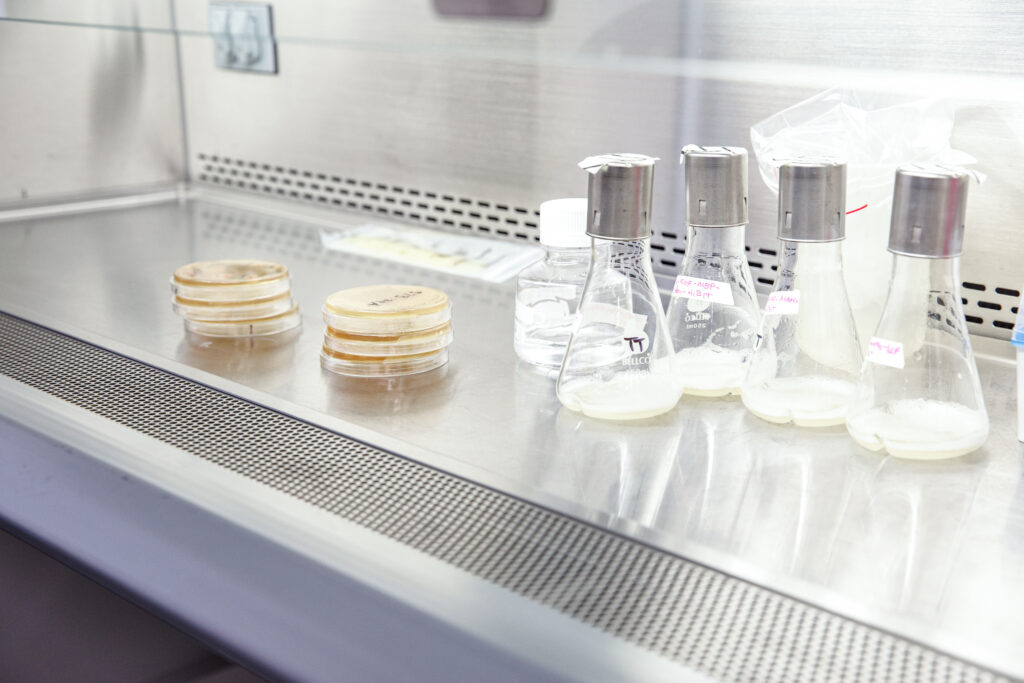
TurtleTree’s precision fermentation lab in Sacramento. Photo Credit: TurtleTree
The Technology That’s Changing the Game
At its core, precision fermentation is defined by The Precision Fermentation Alliance (PFA) and Food Fermentation Europe (FFE) as, “the process of traditional fermentation with the latest advances in biotechnology to efficiently produce a compound of interest, such as a protein, flavour molecule, vitamin, pigment, or fat.” While it may sound futuristic, this technology has been around for decades, producing staples like citric acid, heme (plant-based “blood”) and rennet for cheesemaking.
“Precision fermentation has already been well established in the food space,” says Fengru Lin, CEO of TurtleTree. “Consumers are already familiar with the technology around food.”
This familiarity has paved the way for innovation. TurtleTree, for instance, selected lactoferrin as its flagship ingredient—a high-value functional milk protein known for its immune-boosting and gut-health benefits, often used in infant formula and supplements.
Resembling a fine pink powder, LF+ attained GRAS (generally recognized as safe) status in November 2023, a first for precision-fermentation-derived lactoferrin. Since then, TurtleTree has inked partnerships with Cadence Performance Coffee for espresso shots enriched with ketones and LF+ for athletes, Strive Nutrition for a functional beverage targeting longevity in adult nutrition, and MAD Foods for a coffee beverage aimed at providing immune and gut health benefits. “All products should be launching in first half 2025, and more partnerships are on the way,” shared Fengru.
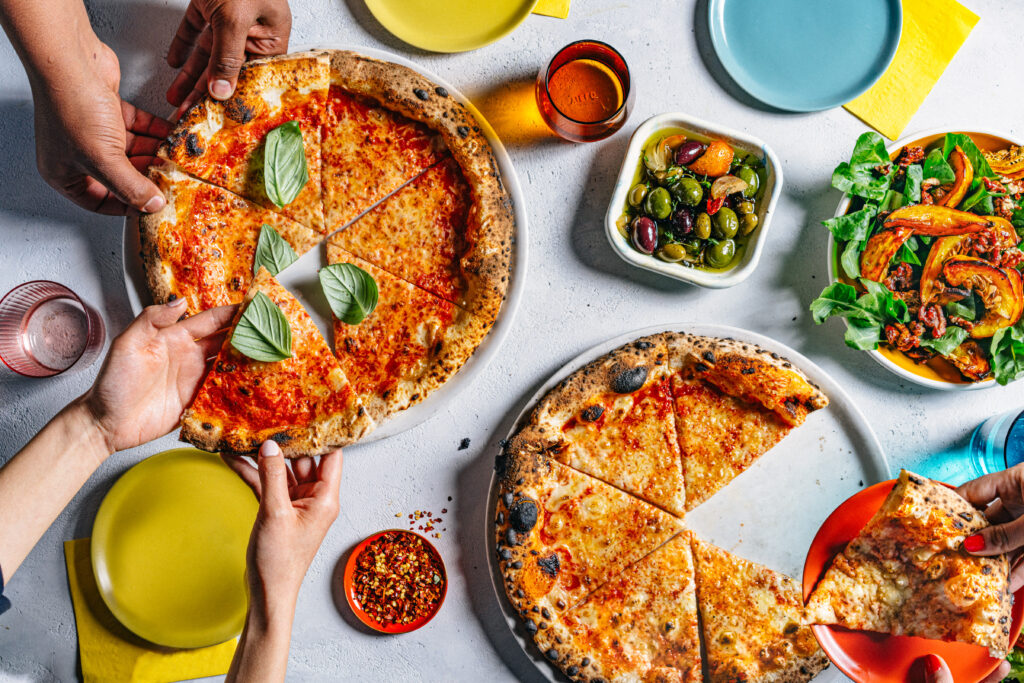
New Culture makes animal-free cheese that mimics conventional mozzarella. Photo Credit: New Culture
Meanwhile, in the U.S. New Culture has taken a focused approach, rooted in its ability to replicate traditional dairy experiences. “At New Culture, we make animal-free mozzarella that tastes, melts, and stretches just like conventional mozzarella,” explains Benjamin Freedman, VP of Commercial at New Culture.
By targeting the $9 billion U.S. mozzarella market and capitalising on Americans’ love for pizza, the company is zeroing in on mozzarella as its flagship product and partnering with key players like renowned chef Nancy Silverton. “The American dairy market is large enough that we have plenty of room for growth before we’d start expanding to other regions,” Benjamin adds.

Renowned Californian-Italian Chef Nancy Silverton has partnered with New Culture. Photo Credit: New Culture
Still, he acknowledges that while the market potential is immense, challenges remain. “Given [precision fermentation’s] widespread and sustained growth, the recent wave of companies using precision fermentation for new products is poised to garner equally meaningful market share once they reach the scale and costs necessary for broad consumer acceptance.
Key Players To Note
- TurtleTree (Singapore): Known for producing animal-free lactoferrin, TurtleTree is building a portfolio of functional products catering to health-conscious consumers and everyday indulgences.
- New Culture (USA): Focused on mozzarella, New Culture is perfecting its recipe for pizza lovers and partnering with pizzerias across the U.S.
- Perfect Day (USA): A pioneer in the field, Perfect Day has successfully scaled animal-free whey protein for use in various products, from ice cream to cream cheese.
- Better Dairy (UK): Tackling casein and whey, Better Dairy targets cost efficiencies to bring alt-dairy products closer to mass-market adoption.
- Imagindairy (Israel): Focused on developing animal-free casein and whey proteins, Imagindairy is revolutioniasing alt-dairy by targeting applications like cheese and other dairy products.
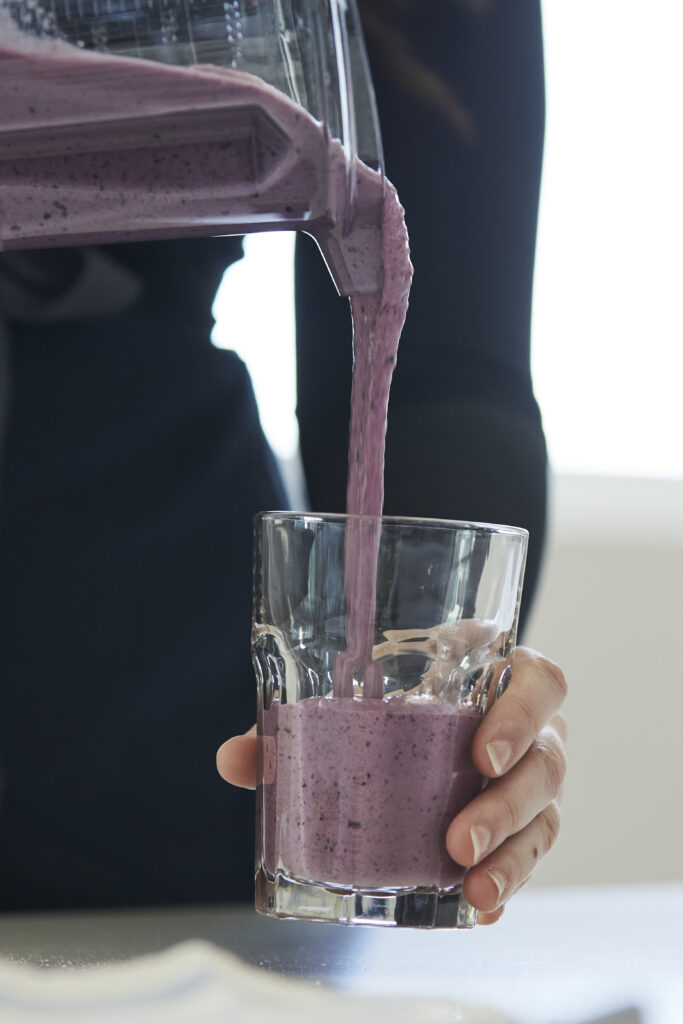
US-based Perfect Day has successfully scaled animal-free whey protein for use in a variety of products – from ice cream to cream cheese.
Photo Credit: Perfect Day
Challenges on the Path to Success
Despite its promise and growing success, the precision fermentation industry faces significant hurdles on its path to mainstream adoption. Achieving cost parity with traditional dairy is one of the most pressing challenges. While TurtleTree has competitively priced its lactoferrin, Fengru notes that “the technology needs to do a lot more for the yield to be improved, so the pricing can be matched”.
Another key obstacle is regulatory complexity. The global regulatory landscape is fragmented, making it difficult for companies to scale internationally. New Culture, for example, has focused its efforts on the U.S. market, where its mozzarella is already deemed safe for consumption. Yet, Benjamin sees untapped potential abroad. “Demand for animal-free products in other parts of the world is quite strong, so we would love to go global as soon as the opportunity presents itself,” he says.
Consumer education also remains a critical issue. Building trust and transparency around lab-grown ingredients is essential for fostering acceptance. Benjamin emphasizes that consumers ultimately prioritize product quality and affordability. “Consumers gravitate toward great products at the right prices and are less focused on the technologies used to make those products,” he observes. Fengru echoes the sentiment, stressing the need to educate consumers on the health benefits of ingredients like lactoferrin.

A variety of drinks make with LF+. Photo Credit: TurtleTree
What Lies Ahead
The precision fermentation space has no shortage of innovative players determined to make alt-dairy not just a niche option, but a staple of everyday diets. However, the future lies in collaboration, focus, and pricing. As Fengru puts it, the next phase will require breakthroughs in “strain optimisation, process development, and manufacturing” to unlock its full potential.
Precision fermentation is more than a technological breakthrough; it’s reimagining how we produce and consume food and the viability of sustainable, animal-free dairy that can deliver on taste, texture, and functionality. The future of dairy may very well lie in the microscopic world of precision fermentation—a future that is already beginning to take shape.
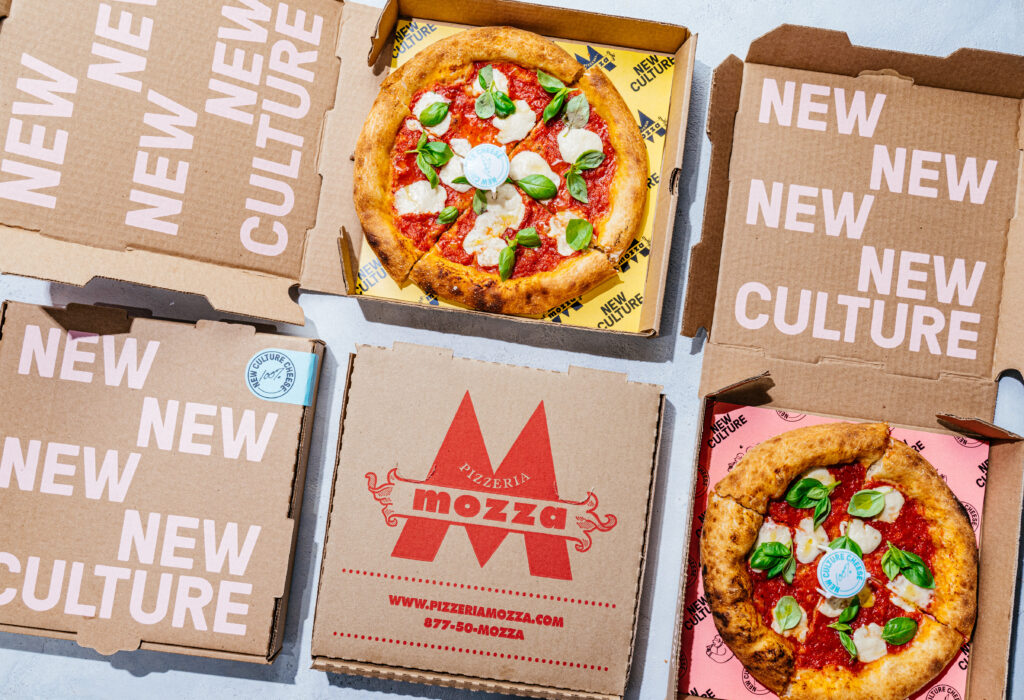
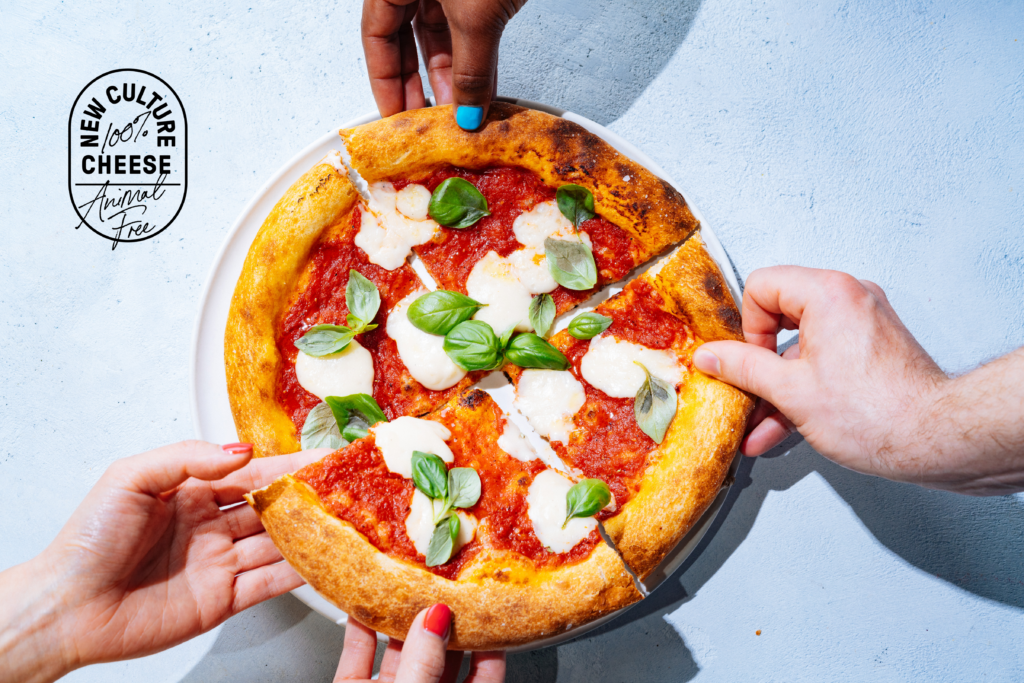
Photo credit: New Culture
Author: Charlene Fang
Charlene Fang is a US-based writer, editor and content strategist. Originally from Singapore, she writes for lifestyle and travel publications such as Condé Nast Traveler, AFAR, Forbes Travel Guide and Louis Vuitton Guides and was previously an editor at CNNGO and Time Out.



